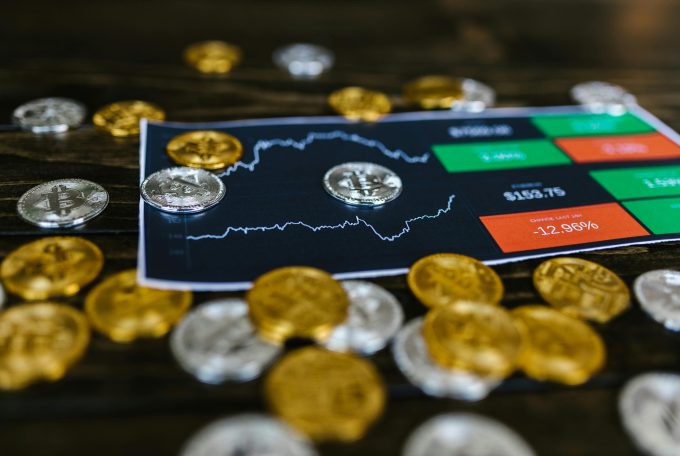Both, traditional currencies, and cryptocurrencies belong to the financial services arena. Yet, they are quite different in the way they operate and perform. Obviously, we know enough about fiat/real currencies, for we have been dealing with them for ages! It revolutionized the world of money. However, cryptos are a different matter altogether!
The crypto ecosystem promises several benefits to its fans. It goes in for innovative technology that enables smooth and streamlined operations. It also permits access to geographical locations/regions, which had, thus far, remained unbanked. Then again, purchases/sales, or in other words, payments, go through rapidly and in the simplest manner possible.
Nonetheless, experts are now wondering if cryptos are having a negative impact on global payment systems.
Are Investments in Cryptos Endangering Them?
Growing Importance of Stablecoins
Stablecoins take up the role of intermediary currency between cryptocurrencies and traditional currencies. This has an impact on the efficiency and stability of the market. For instance, if any major Stablecoin should suffer harm, the liquidity involved in the asset ecosystem, including DeFi, may lessen.
In turn, this would create interruptions in trade, and possibly, even cause stress in global marketplaces. Above all, with reserve holdings of Stablecoins undergoing chaotic liquidations, markets offering short-term financing are bound to be affected. The fears have only increased, thanks to the recent crypto crash. Like Bitcoin and altcoins, even Stablecoins have begun to lose value.
Miscellaneous Factors
Digital currency exchanges have undergone major interruptions, due to market instability. There have also been reports of thefts. Consumers have lost money, thanks to the actions of high-profile hackers. Yet, financial stability has remained unaffected. Therefore, cryptocurrencies continue to carry their own economic significance. They are only going on to become more popular, as evident from the way that developing nations and emerging markets are taking to the concept of hoarding digital assets.
Experienced crypto enthusiasts may be using crypto assets to evade taxes. This could pose a danger to fiscal policies. It could also lead to a reduction in seigniorage.
Seigniorage refers to the earnings that the authority in charge of issuing money generates. With the increasing demand for crypto assets, there might be the facilitation of capital outflows that have an impact on the forex market.
Can Regulations Provide a Solution?
Crypto experts and authorities feel that it is possible to protect the interests of investors via the initiation of regulations. They also believe that the regulation of initial coin offerings (ICOs) is important. Such thought processes are necessary because virtual currencies are acquiring immense popularity across the globe.
The U.S. Federal Reserve has been conducting research on the expenses and benefits of having a national digital currency in place. It had set the month of May as the deadline for the public to express their views about this proposal. After collecting the public’s views, the Federal Reserve would reach a final decision. Maybe, it has done so.
Stablecoins may be first in line for governance through strict regulations. Only then, would attention turn to other digital currencies? After all, it was imperative to raise investors’ confidence by providing security against online swindles, and frauds. At the same time, there is skepticism about whether regulations will prove beneficial or harmful.
Another obstacle in the way of formulating regulations is decentralization. How can any legislation prove suitable and appropriate for this kind of marketplace, without any central authority in place? Even if it was possible, discovering lawbreakers/criminals in crypto cyberspace is difficult. Blockchain systems make it terribly difficult to discover wrongdoers. All that the authorities can do is keep a vigilant eye on the companies using varied blockchain networks.
Cryptocurrency marketplaces are free from regulations and taxes. Therefore, they have been able to develop more rapidly than traditional marketplaces, which are governed by regulations and laws. Nonetheless, they have the disadvantage of being subject to volatility or price fluctuations. As a result, individual investors face losses, and businesses/institutions invite bankruptcy at times.
Therefore, the authorities should urge crypto companies to find ways to protect these investors. The companies are not eager to take up this responsibility, for they will suffer losses, then. Thus, regulations cannot offer many advantages to global payment systems.





